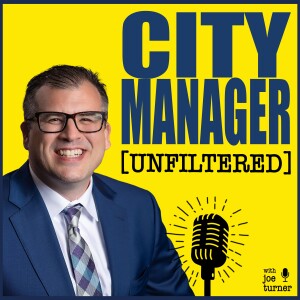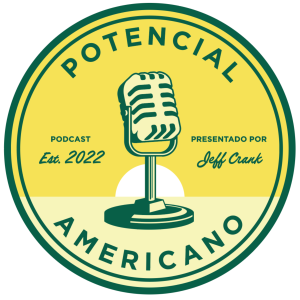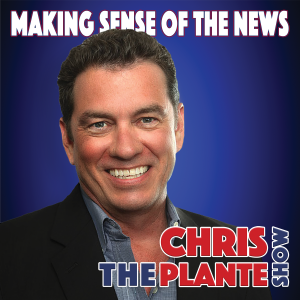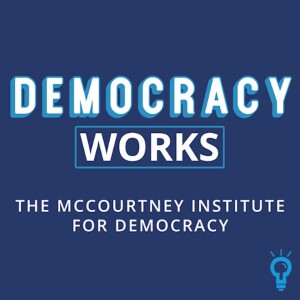If there's one thing that people across the political spectrum can agree on, it's a sense of discontent with the current state of American politics. This week, we explore the origins of that discontent and why it's damaging to democracy. Our guest is Matthew Rhodes-Purdy, an assistant professor of political science at Clemson University and one of the authors of The Age of Discontent: Populism, Extremism, and Conspiracy Theories in Contemporary Democracies.
Rhodes-Purdy and his co-authors argue that the most successful populist and extremist movements of the past 20 years have focused largely on cultural grievances, rather than on economic discontent. The book outlines what they describe as the troubling implications of discontent on the long-term compatibility of liberal democracy and free-market neoliberalism.
Looking at case studies from around the world, the authors imply that democratic states must renew their commitment to social regulation of markets and to serve as conduits for citizen voice for democracy and market economies are to survive.
More Episodes
Federalism in uncertain times
 2020-04-20
2020-04-20
Will COVID-19 create a one-issue campaign?
 2020-04-13
2020-04-13
Public health depends on the Census
 2020-04-06
2020-04-06
Free and fair elections during a pandemic
 2020-03-30
2020-03-30
COVID-19 exposes democracy’s tensions
 2020-03-23
2020-03-23
Populism is not a monolith
 2020-03-16
2020-03-16
Swamp Stories: Cashing In
 2020-03-09
2020-03-09
The promise and peril of early voting
 2020-03-02
2020-03-02
Breaking down Black politics
 2020-02-24
2020-02-24
Does Congress promote partisan gridlock?
 2020-02-17
2020-02-17
How states are working to keep your vote safe
 2020-02-10
2020-02-10
Primaries, parties, and the public
 2020-02-03
2020-02-03
The connective tissue of democracy
 2020-01-27
2020-01-27
How the Tea Party and the Resistance are upending politics
 2020-01-20
2020-01-20
A 2020 preview
 2020-01-13
2020-01-13
Grassroots organizing to “reboot” democracy [rebroadcast]
 2020-01-06
2020-01-06
E.J. Dionne on making America empathetic again [rebroadcast]
 2019-12-30
2019-12-30
Is it possible to overdo democracy?
 2019-12-23
2019-12-23
Chris Beem on democratic humility and virtues
 2019-12-16
2019-12-16
Next-generation democracy
 2019-12-09
2019-12-09
Create your
podcast in
minutes
- Full-featured podcast site
- Unlimited storage and bandwidth
- Comprehensive podcast stats
- Distribute to Apple Podcasts, Spotify, and more
- Make money with your podcast
It is Free
You may also like

City Manager Unfiltered


Potencial Americano


The ASIC Podcast


The Chris Plante Show


Red Eye Radio


- Privacy Policy
- Cookie Policy
- Terms of Use
- Consent Preferences
- Copyright © 2015-2024 Podbean.com



 iOS
iOS Android
Android